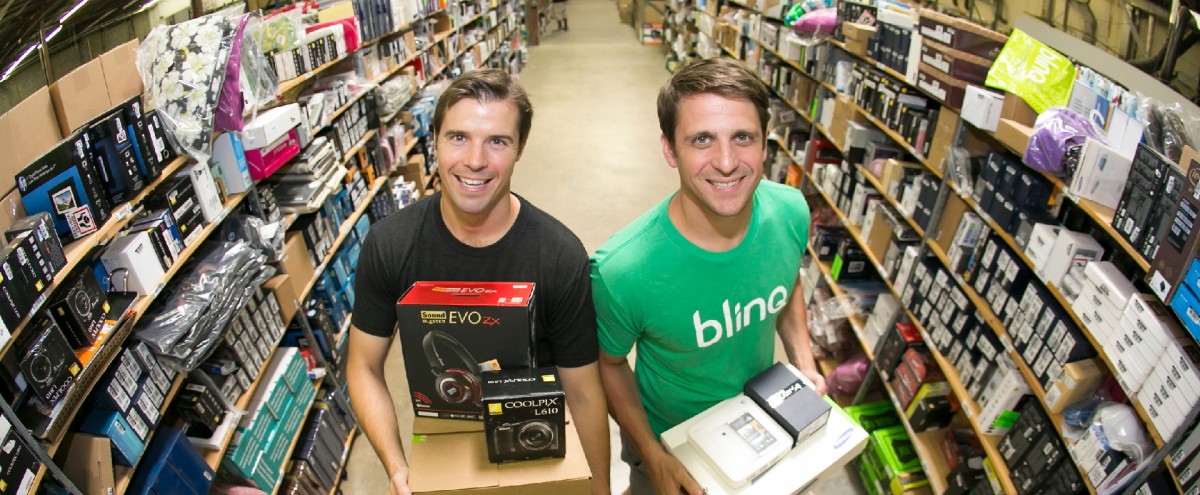It is not an understatement to say that the COVID-19 pandemic has radically changed society on a global scale. Working from home, face mask policies, virtual classrooms, social distancing, essential workers — these new normals can, at times, feel like they are scenes plucked straight out of a dystopian Hollywood film.
These new, unfamiliar aspects of our lives aren’t likely to go away anytime soon. Which means it’s up to leaders like us to create the conditions for our teams to operate as efficiently and effectively as possible.
The #1 issue leaders are facing right now is a communications challenge primarily within their own companies.
In some ways, this pandemic has caused a great reset: We have been compelled to throw old ways out the window. But that doesn’t mean human needs have changed. There is still a basic desire for community and connection with each other — especially in the work environment.
Our job as leaders is to develop new strategies and solutions for fulfilling these needs. To do so, the most important thing we can do is to be mindful of the team’s situation — and the diversity of experiences they are having.
To illustrate the need to adapt communication styles and tone to match the situation we’re facing, I’ll use three recent examples from my own experience during this pandemic:
Be compassionate.
When the pandemic started, no one knew what was going on. Frankly, we still don’t have it all figured out. But the key to communicating during initial stages of confusion and chaos is to be compassionate. I knew that my team was now wrestling with physical and emotional trauma on top of the usual work anxiety. Therefore, I needed to demonstrate patience and understanding. I made sure people had forums for questions, discussions, and sharing of information. When we show our colleagues that we care for them as human beings, we keep people rowing together in the same direction, even during uncertain times.
Build trust.
Ask anyone who knows me and they’ll tell you I’m transparent — at times uncomfortably so. Because I believe it’s critical for leaders to be authentic and for their teams to have context. But when the pandemic started, I knew it was important to remind my team that I would continue to be transparent with them. I promised everyone that I would tell them what’s really going on — as soon as I know something, they’ll know something. Creating stability and trust at a time when nothing seemed certain was essential.
Be consistent.
During an interview at DC Startup Week with Tobin Moore, CEO and cofounder of Optoro, I was reminded of this simple but powerful way that leaders can effectively communicate through crisis.

Optoro’s Tobin Moore (L) and Adam Vitarello, circa 2015. (Photo courtesy of Optoro)
Here’s how Tobin described what he’s doing to create more consistent communication and interaction among his team during the pandemic:
“We initially actually were doing a daily all-hands [meeting] with the company, and then it went to three times a week, and now we’ve settled on weekly. And that’s been working really well. We’ll go over any major updates and progress against goals. We’ll do a Q&A session, and then we’ll do a deep dive. Something we also started doing is breakouts for random connections. So each week we’ll pick a topic, like what was your first job? And you’ll get broken out with three random colleagues and have five minutes to talk about your first job.”
Like Tobin, we started daily standups with our team and have kept them going. We find it to be an effective way to establish stability — something everyone can count on.
Generate hope.
Now that the pandemic is better understood, there is less speculation about whether we can succeed or not. We’re still standing. We’ve adjusted our business strategies accordingly. We’re here and we’re ready to win. Therefore, my tone lately is optimistic. We are positioned to achieve our goals.
We’re also talking more deeply about long-term issues and opportunities which inspires hope from others on the team. I think it’s because we’ve gotten through the fog of the initial uncertainty caused by the pandemic, we successfully pivoted our business strategies, and more people are comfortable working remotely. Hope begets hope.
Go above and beyond.
There’s no doubt: Interpersonal energy is significantly muted in this new, virtual work environment. There is less body language to read. It’s more difficult to know how our presentations are received. There aren’t any ad hoc conversations after a team meeting where people share how they really felt about the topic that was discussed. And yet leaders still need to communicate effectively in order to lead.
To overcome the barriers presented by virtual everything and to communicate during chaotic times, we must be even more intentional and times prescriptive. Yes, it requires that we exert extra energy to be effective. But that’s why we’re leaders — we’re willing to do more so that others can achieve more.
We also need feedback. Asking our teams how we can be more effective is simple but powerful. If we’ve created the conditions for them to be direct with us, we’ll get useful feedback. Communication is always important and the current operating context demands even more of and from us.
For more ideas to help you grow and scale your business, and to listen to the full interview between Tobin and Scott, check out the “Leading Through a Crisis” episode of the Founders Focus podcast.
Join the conversation!
Find news, events, jobs and people who share your interests on Technical.ly's open community Slack

DC daily roundup: Tyto Athene's cross-DMV deal; Spirit owner sells to Accenture; meet 2GI's new cohort

DC daily roundup: $10M to streamline govt. contracting; life sciences might dethrone software; Acadia's new $50M

DC daily roundup: the DMV's VC cooldown, SmartSigns for safer driving; Rep. Schiff's AI copyright bill


